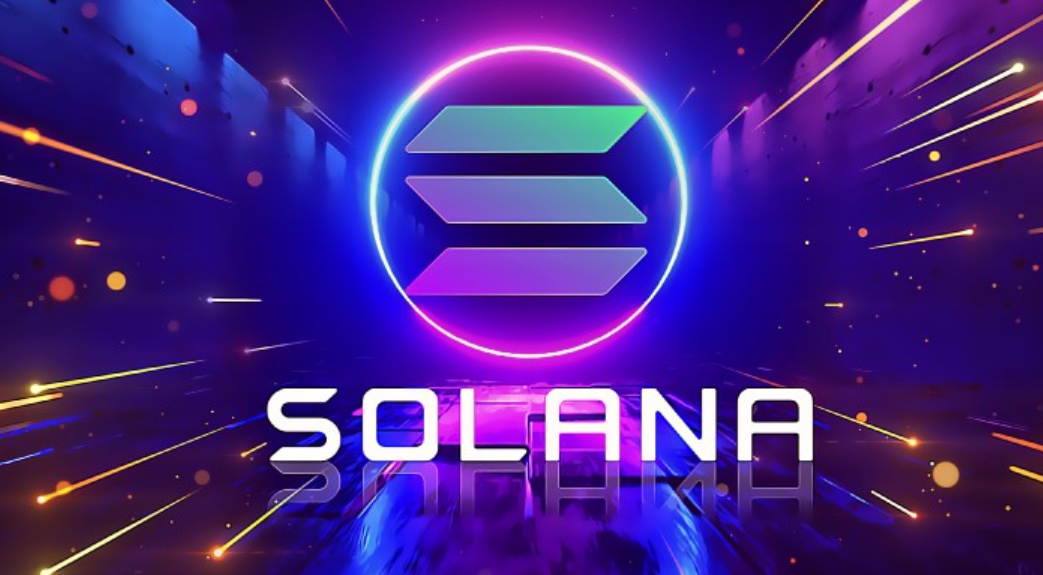Anatoly Yakovenko, Solana’s co-founder, told audiences at a recent event his cryptocurrency platform had received updates aimed at improving the reliability of its network.
He stated at the Breakpoint 2022 event in Lisbon the Solana network had been plagued by numerous concerns such as network instability and downtime, adding: “We’ve had a lot of challenges over the last year, I would say this whole last year has been all about reliability.”
Did you miss our presentation by @time_composer at @SolanaConf today?
— Clockwork ⚙️ (@clockwork_xyz) November 7, 2022
Here are the highlights! 🧵 pic.twitter.com/ENrYXUrMXt
According to the company, Solana had faced ten outages, with the biggest taking place in January this year. The incident partially shut down the platform and hindered its operations for nearly 20 hours.
The most recent issue occurred at the beginning of October, resulting in over six hours of downtime. Additional problems in May and June triggered clock drifts, or widening gaps in real and block times, causing difficulties in validating blocks on the platform.
Tackling the Timeclock
Yakovenko explained the event that the situation worsened in June after block times “went up to over a second, which is really slow for Solana” compared to average times of 400 milliseconds.
In some cases, confirmation times took from 15 to 20 seconds, he explained.
He continued, stating: “That’s not the experience that we want to deliver and that’s a pretty bad Web2 experience when you’re competing with Google with Facebook with all these other applications.”
Recent updates and doubling the validator count allowed Solana to resolve the issue partially, he said. His company had been in a “constant fight between performance, security, throughput, and decentralization,” which resolved many of the core issues, Yakovenko added.
“[I] think we’ve done an amazing job in solving a bunch of those […] Obviously we still have challenges with outages and bugs,” he told the audience.
Problems Lead to Solutions
According to the company’s Network Performance report in late October, which documented the challenges, developers have launched several upgrades to boost performance as it scales up its platform to accommodate surging user growth.
The company enhanced QUIC for its services, which is a protocol that includes sessions and flow control. Reasons for adding QUIC include resolving UDP issues with flow control and acknowledging receipt, which fails to block abusive behaviour on the platform.
Solana also added stake-weighted Quality-of-Service (QoS), which “extends the utility of stake-weighting to transaction quality, leading to better receipt of blocks “regardless of the amount of traffic coming in from nodes without stake.”
It also introduced fee markets to back priority fees. Initially, Solana’s network processed all transactions on a “first-come-first-serve basis” but did not indicate how urgent transactions were on the platform. Priority fees will allow transactions to indicate urgency following their implementation in July this year.




